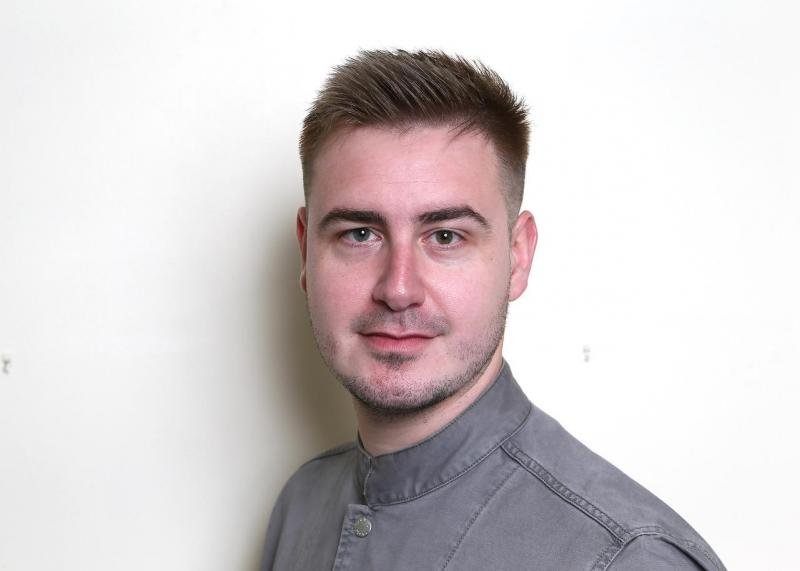WITH local dental services in a state of decay due to falling numbers of dentists, it’s now been revealed rates of tooth extraction due to cavities among Barnsley youngsters are some of the highest in the country.
New figures from the Office for Health Improvement and Disparities state there were 240 extractions with dental caries - or tooth decay - as the primary diagnosis among people aged 19 years old or younger in Barnsley in 2020/21.
That figure is the seventh-highest in the country, but when standardised as a rate per 100,000 people, the borough is third worst-hit of all English local authorities.
Extractions due to caries make up 82.8 per cent of those carried out over the year.
But they are only half the number that were carried out the year prior - before the pandemic - with 560 extractions in 2019/20, 495 due to caries.
Barnsley’s rate of extractions due to caries per 100,000 people that year was 889.2 - the fourth-highest in the country.
Rates are based on mid-2020s Office for National Statistics estimates, which list a total of 56,154 people under 19 in the borough.
Barnsley East MP Stephanie Peacock, who recently called for an increase in the number of dentists in Barnsley, as well as improved access to NHS appointments, said: “Even before Covid delays, dentistry has been struggling to keep up with demand.
“Now, after two years of disruption, people in Barnsley are having to join waiting lists of several years to get the treatment they need, while suffering some of the worst rates of tooth decay in the country.
“f you are struggling to get an NHS dentist appointment in Barnsley, please get in touch and let me know.
“I will continue to campaign on this important issue.”
Of those extractions due to caries in 2020/21, the majority - 135 - involved children aged six to ten years old, while 70 involved those younger than five.
Falling numbers of appointments come as numbers of dentists have fallen by 21 per cent over the last two years.
According to the British Dental Association (BDA), unhappiness with NHS contracts - relating to both the length and cost - were key factors as to why issues have been encountered.
However, local studies have revealed Brexit is also to blame, with dentists from Spain and Portugal being lost - something that could have knock-on impacts for the ‘next decade’.
The BDA has also said differing rates across the country show growing backlogs will hit more deprived communities harder than affluent areas
Barnsley Council overview and scrutiny chair, Coun Jeff Ennis, expressed his concerns by writing to Barnsley MPs Dan Jarvis, Stephanie Peacock, John Healey and Miriam Cates, urging them to raise the matter on the national stage.
He said: “At a recent session of the overview and scrutiny committee in Barnsley, where the committee looked at dentistry in the town, members were concerned.
“Legacy arrangements mean that there is inconsistent, and often inequitable, access to dental services.
“This is both in terms of capacity of primary care and of complex and inconsistent pathways to urgent dental care, community dental services and secondary care.
“Existing procurement rules introduce further challenges when trying to change commissioning arrangements and it is not possible to introduce innovative ways of working without testing the market.
“Additional financial provision is not made for areas affected by population growth resulting in pressures in areas with high levels of development.”



























